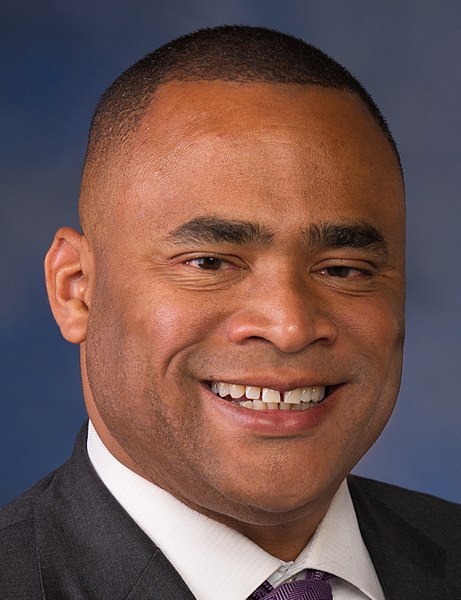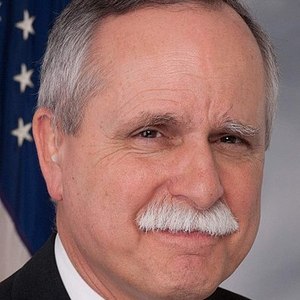McKinley, Veasey introduce ACCESSS 45Q Act



December 7, 2020
BY Erin Krueger
Reps. David McKinley, R-W.V., and Marc Veasey, D-Texas, on Dec. 3 introduced the Accelerating Carbon Capture and Extending Secure Storage through 45Q (ACCESS 45Q) Act.
The bill extends the date for projects to begin construction to claim the 45Q tax credit for carbon oxide sequestration by 10 years. It also provides a direct pay elective for the full value of the tax credit.
Information released by McKinley and Veasey indicates the COVID-19 pandemic has hurt the energy sector and slowed the development of carbon capture projects. By extending the eligible date for projects to begin construction and allowing developers upfront access to the full value of the credit, the ACCESS 45Q Act provides long-term certainty that the U.S. needs to build carbon capture projects and reduce carbon emissions.
Advertisement
Advertisement
The Carbon Capture Coalition has spoken out in support of the bill.
“The ACCESS 45Q Act combines the Coalition’s top two legislative priorities by providing for both a ten-year extension of the commence construction window for 45Q, as well as a direct pay option for the 45Q credit,” said Brad Crabtree, director of the CCC.” The Coalition calls on House and Senate leaders to incorporate the critical 45Q extension and direct pay provisions of the ACCESS 45Q Act in any upcoming legislative vehicle.
Advertisement
Advertisement
“The ten-year extension of 45Q in this legislation is essential to ensuring that project developers and investors have the financial certainty and a sufficient time horizon to complete their current projects and to initiate new ones,” he continued. “Large-scale, capital-intensive carbon capture, removal, utilization and storage projects require years to plan, engineer, permit and finance, yet nearly three years of the original six-year authorization of the 45Q tax credit has been lost to delays in Treasury and IRS guidance and rulemaking. Project developers must now begin construction by the end of 2023 or fail to qualify for the credit—a risk exacerbated by the economic uncertainty of the COVID-19 pandemic.
“The direct pay provision included in the ACCESS 45Q Act would give carbon capture project developers the option of receiving an estimated payment on their tax return in lieu of monetizing the tax credit,” Crabtree added. “Over the long-term, direct pay for 45Q would make the incentive much more cost-effective and impactful for project developers and the federal government alike. Direct pay would allow companies to secure the private investment needed to finance projects, while avoiding the inefficiencies and substantial additional costs of tax equity transactions that unnecessarily burden and constrain the very efforts to innovate and deploy carbon capture technologies that the 45Q tax credit aims to incentivize. In addition, direct pay would significantly reduce near-term uncertainty and barriers faced by project developers in obtaining private investment due to COVID-19.
“The combination of direct pay and a ten-year extension for 45Q in this legislation would help ensure that the more than 30 publicly-announced carbon capture, removal and geologic storage projects in the U.S. continue to move forward and avoid cancelation, as well as spur development of the many more projects,” he said. “Passage of this legislation would help put the U.S. on a path to achieving midcentury climate goals, while spurring investment and creating high-wage jobs for American workers and their communities as they seek to recover from the COVID-19 pandemic.”
Related Stories
The USDA has announced it will delay opening the first quarterly grant application window for FY 2026 REAP funding. The agency cited both an application backlog and the need to disincentivize solar projects as reasons for the delay.
Neste and DHL Express have strengthened their collaboration with the supply of 7,400 tons (9.5 million liters) of neat, i.e. unblended, Neste MY Sustainable Aviation Fuel to DHL Express at Singapore Changi Airport starting July 2025.
CoBank’s latest quarterly research report, released July 10, highlights current uncertainty around the implementation of three biofuel policies, RFS RVOs, small refinery exemptions (SREs) and the 45Z clean fuels production tax credit.
The U.S. Energy Information Administration maintained its forecast for 2025 and 2026 biodiesel, renewable diesel and sustainable aviation fuel (SAF) production in its latest Short-Term Energy Outlook, released July 8.
XCF Global Inc. on July 10 shared its strategic plan to invest close to $1 billion in developing a network of SAF production facilities, expanding its U.S. footprint, and advancing its international growth strategy.
Upcoming Events










